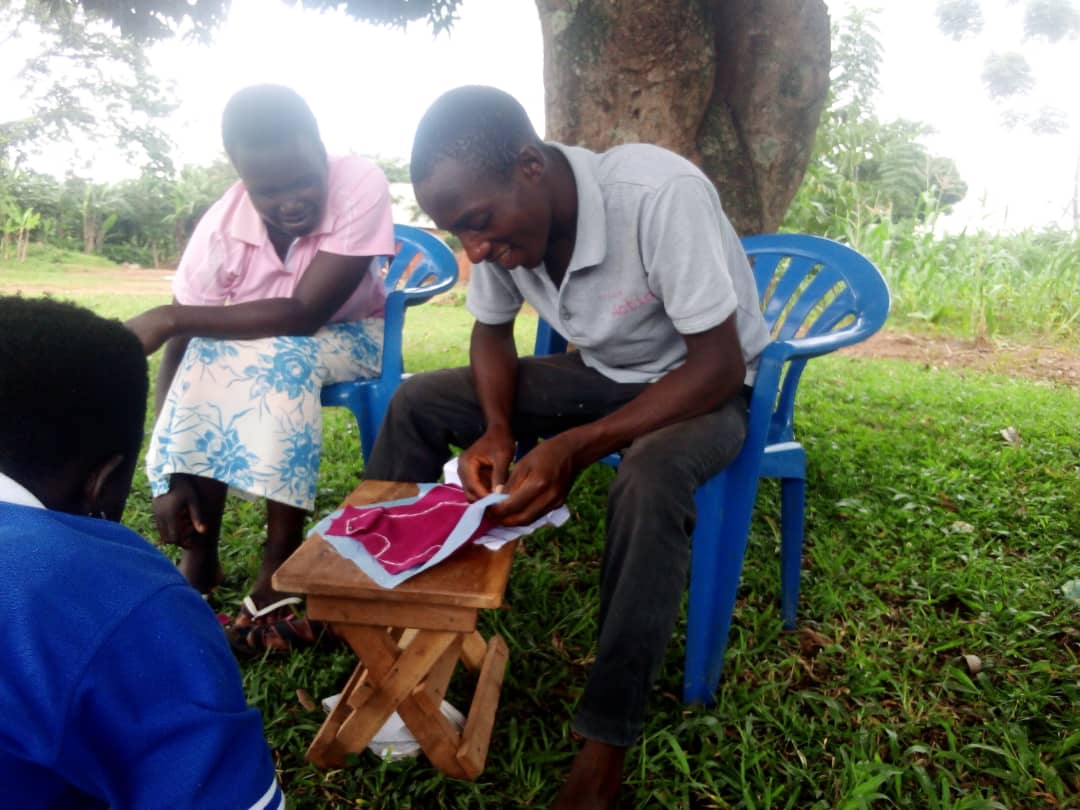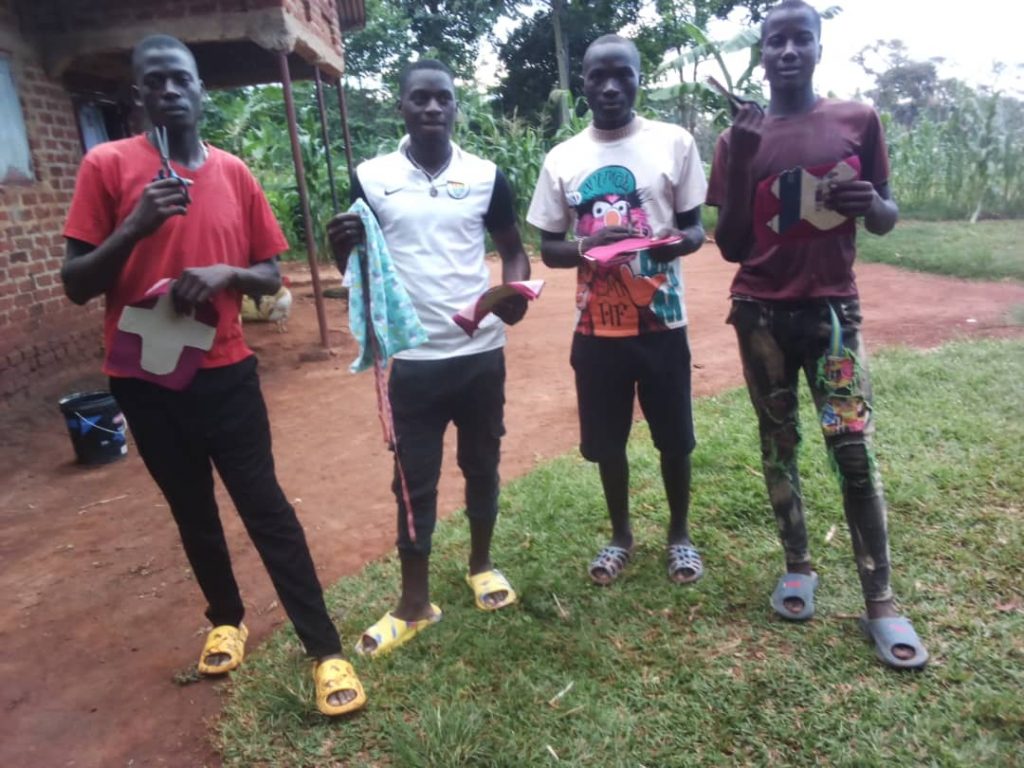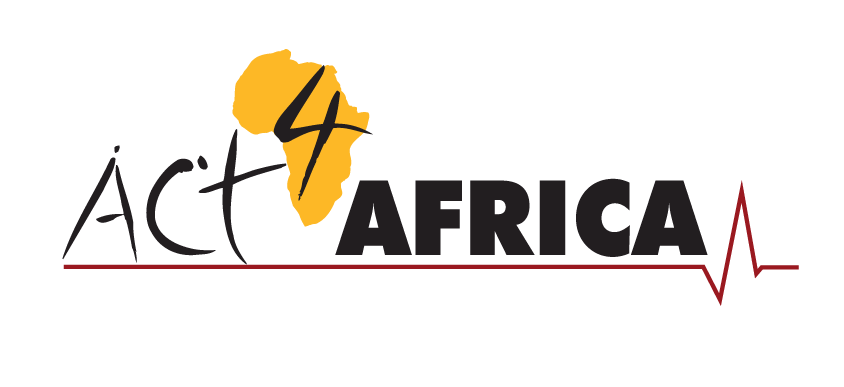
08 Feb Transformative Journeys: From Objectification to Empowerment— Wamoga’s Story
In the quiet village of Busenda, nestled between rolling hills and lush greenery, a transformation was quietly taking place within the heart and mind of a young man aged 19 named Wamoga Sharif. As a member of the Busenda Youth Development group, Wamoga found himself on an unexpected journey of self-discovery, guided by the impactful EYE Universal SRHR Project campaign on Sexual and Reproductive Health and Rights (SRHR) with support from Act4Africa.
Wamoga candidly reflected on a past that once clouded his thoughts with inappropriate and objectifying images of girls. “Every time I saw a girl, what used to come to my mind was to use her sexually,” he confessed. It was a confession that revealed the societal norms and misconceptions that often perpetuate harmful behavior. Yet, within the walls of the YSLA and through the messages on SRHR, Wamoga began to undergo a profound change.

The SRH messaging and campaign were designed not only to empower girls but also to challenge and redefine the perspectives of young boys like Wamoga. It aimed to dismantle harmful stereotypes and foster an environment where mutual respect and understanding thrived. As Wamoga delved deeper into the program, he discovered a newfound appreciation for the intrinsic value of girls as sisters and individuals deserving of respect.
“I can say there’s such a huge difference in my life. I now respect and treat girls equally the way I would want to be treated as a man.” Wamoga affirmed, his voice resonating with conviction. The transformation within him extended beyond personal perceptions; it ignited a passion to stand up for the rights of his newfound sisters. No longer bound by societal expectations, Wamoga found purpose in advocating for gender equality and dismantling the barriers that stifled the potential of the girls in his community.
As Wamoga spoke, it became evident that his journey was not solitary. He recognized the ripple effect of change, acknowledging that he had become a beacon of hope and a role model for other boys in Busenda. The project had not only influenced his beliefs but had catalyzed a positive shift in the community’s collective mindset.
One of the unexpected benefits of the SRHR campaign was its impact on practical life skills. Wamoga expressed gratitude for the knowledge he gained, especially appreciation of the girls, challenges faced and learning how to make reusable sanitary pads. Wamoga developed a keen interest in learning to create reusable pads after observing his sisters’ struggle to maintain privacy during their menstrual periods. Faced with the financial challenge of affording commercial pads, he realized that if he knew how to craft reusable pads, he could have alleviated their predicament. This seemingly simple skill had far-reaching consequences, contributing to the promotion of menstrual hygiene and breaking down the stigma surrounding a natural biological process.
In the heart of Busenda, Wamoga had evolved from a young man burdened by societal expectations like to be violent, winning, power over women, dominance, playboy, self-reliance and pursuit of status, to a champion of change. The project through Act4Africa had provided him with the tools to reshape his mindset, fostering empathy, and empowering him to become an agent of positive transformation in his community.
Wamoga’s story became a testament to the power of education and awareness in shaping attitudes. The project had not only opened his eyes to the importance of respecting and valuing girls but also equipped him with the knowledge and skills to make a tangible difference. In Busenda, a new narrative was emerging—one that celebrated equality, unity, and the potential for positive change when individuals like Wamoga embraced a broader, more inclusive perspective on life.


